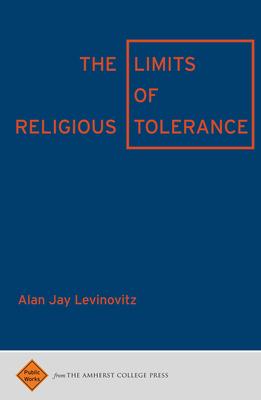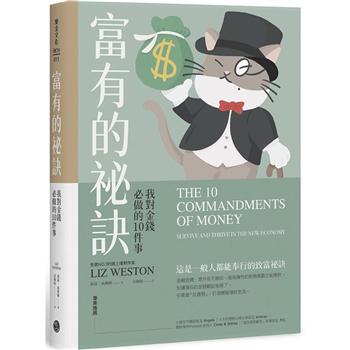Religion’s place in American public life has never been fixed. As new communities have arrived, as old traditions have fractured and reformed, as cultural norms have been shaped by shifting economic structures and the advance of science, and as new faith traditions have expanded the range of religious confessions within America’s religious landscape, the claims posited by religious faiths--and the respect such claims may demand--have been subjects of near-constant change. In The Limits of Religious Tolerance, Alan Jay Levinovitz pushes against the widely held (and often unexamined) notion that unbounded tolerance must and should be accorded to claims forwarded on the basis of religious belief in a society increasingly characterized by religious pluralism. Pressing at the distinction between tolerance and respect, Levinovitz seeks to offer a set of guideposts by which a democratic society could identify and observe a set of limits beyond which religiously grounded claims may legitimately be denied the expectation of unqualified non-interference.
| FindBook |
有 1 項符合
The Limits of Religious Tolerance的圖書 |
 |
The Limits of Religious Tolerance 作者:Levinovitz 出版社:Amherst College 出版日期:2016-10-21 語言:英文 規格:平裝 / 82頁 / 21.59 x 13.97 x 0.56 cm / 普通級/ 初版 |
| 圖書館借閱 |
| 國家圖書館 | 全國圖書書目資訊網 | 國立公共資訊圖書館 | 電子書服務平台 | MetaCat 跨館整合查詢 |
| 臺北市立圖書館 | 新北市立圖書館 | 基隆市公共圖書館 | 桃園市立圖書館 | 新竹縣公共圖書館 |
| 苗栗縣立圖書館 | 臺中市立圖書館 | 彰化縣公共圖書館 | 南投縣文化局 | 雲林縣公共圖書館 |
| 嘉義縣圖書館 | 臺南市立圖書館 | 高雄市立圖書館 | 屏東縣公共圖書館 | 宜蘭縣公共圖書館 |
| 花蓮縣文化局 | 臺東縣文化處 |
|
|
圖書介紹 - 資料來源:博客來 評分:
圖書名稱:The Limits of Religious Tolerance
|











